Budva, 13 May 2025 | The 10th Western Balkans Civil Society Forum, organized by the European Economic and Social Committee (EESC) brought together civil society organizations, European institutions, and regional stakeholders to reaffirm the vital role of civic actors in the EU enlargement process.
The forum highlighted the urgency of accelerating reforms and the need for inclusive mechanisms that actively engage all sectors of society. Discussions centered on key themes such as the implementation of the Reform and Growth Facility (RGF), integration into the EU Single Market, and the European Pillar of Social Rights.
“For us, the Growth Plan is not solely about financial support. What truly matters is how that support is delivered and how the reforms and governance mechanisms are designed and implemented. We see the Growth Plan as a key instrument that should prepare all stakeholders for the responsibilities of EU Membership” stated CDI Executive Director Krisela Hackaj in her remarks.“We are now contributing to shaping the governance mechanisms and building blocks of what we call the Growth Plan dialogue,” stated Hackaj. “Our goal is to ensure that stakeholders are informed, involved, and given meaningful opportunities for engagement.” A key contribution to this effort is the Reform and Growth Facility Scoreboard—the first civil society-led Reform Tracker in the region that will serve as the go-to resource for tracking Albania’s progress on reforms and investments under the Growth Plan.
Growth Plan offers an opportunity to step up civil society’s engagement. Hackaj stated “We have now the legal basis for the Albanian GP Monitoring Committee to be set up in an inclusive manner with the membership of the social and economic partners”.
Moreover, the preparation of the next MFF provides an opportunity for the EU support to the region “to shift from a “Rule of Law compliance” traditional approach toward a broader Good Governance Agenda that emphasizes performance, outcomes, participatory governance and multi-level conditionality” emphasized Hackaj.
Finally, with the intensification of the pace of negotiations and reforms, it is essential that all actors—including governments, institutions, and civil society—move in sync to ensure that democratic standards are not compromised in the rush to meet deadlines.
Read here more about the 10th Western Balkans Civil Society Forum.


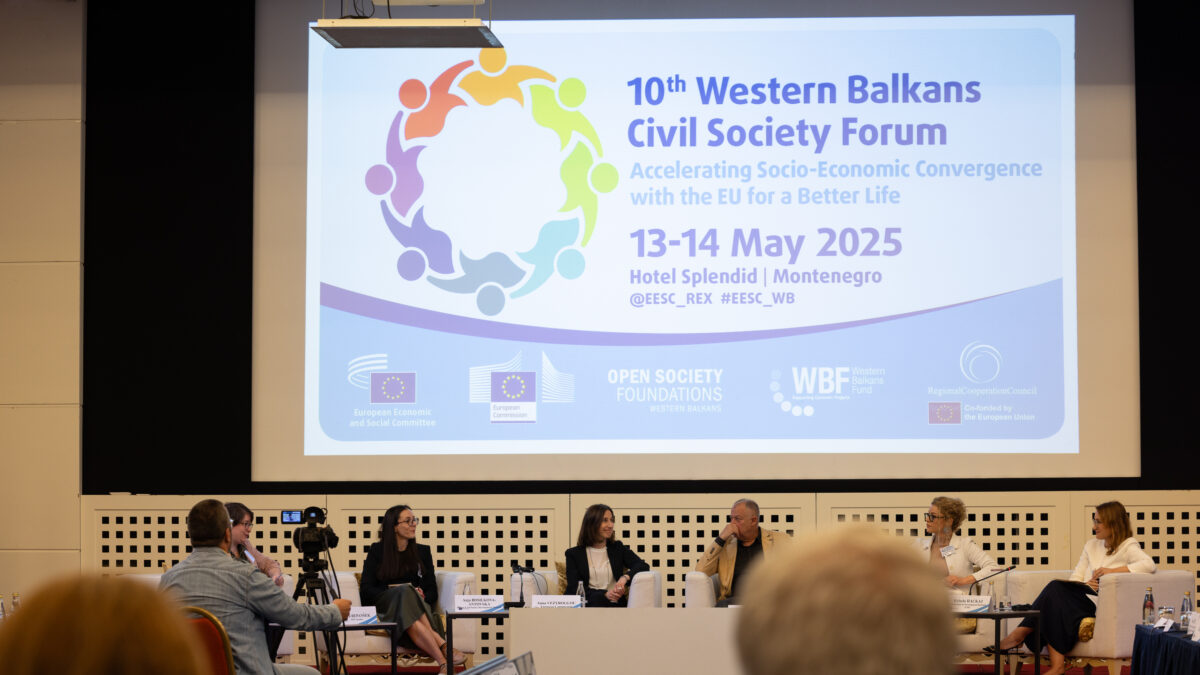
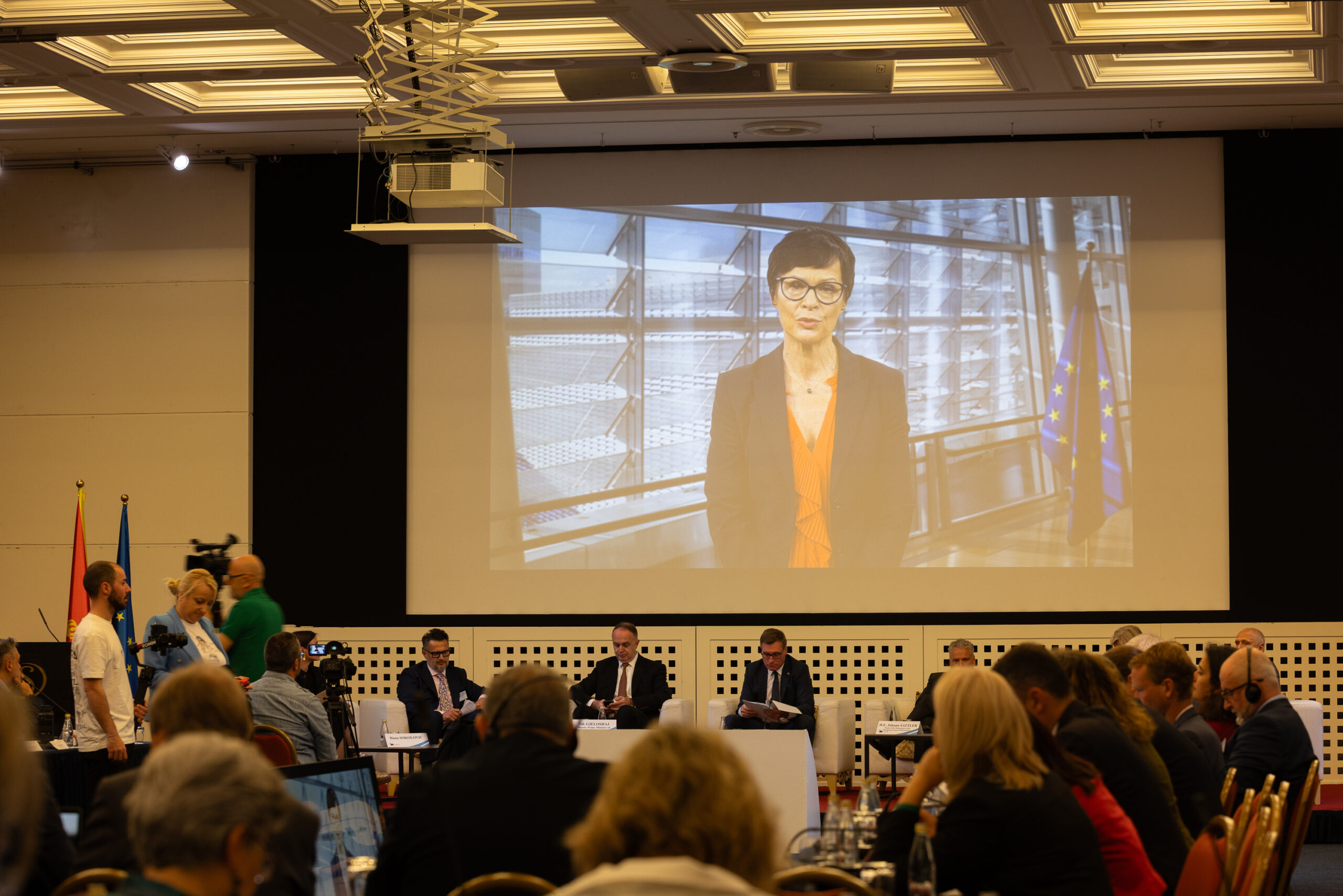
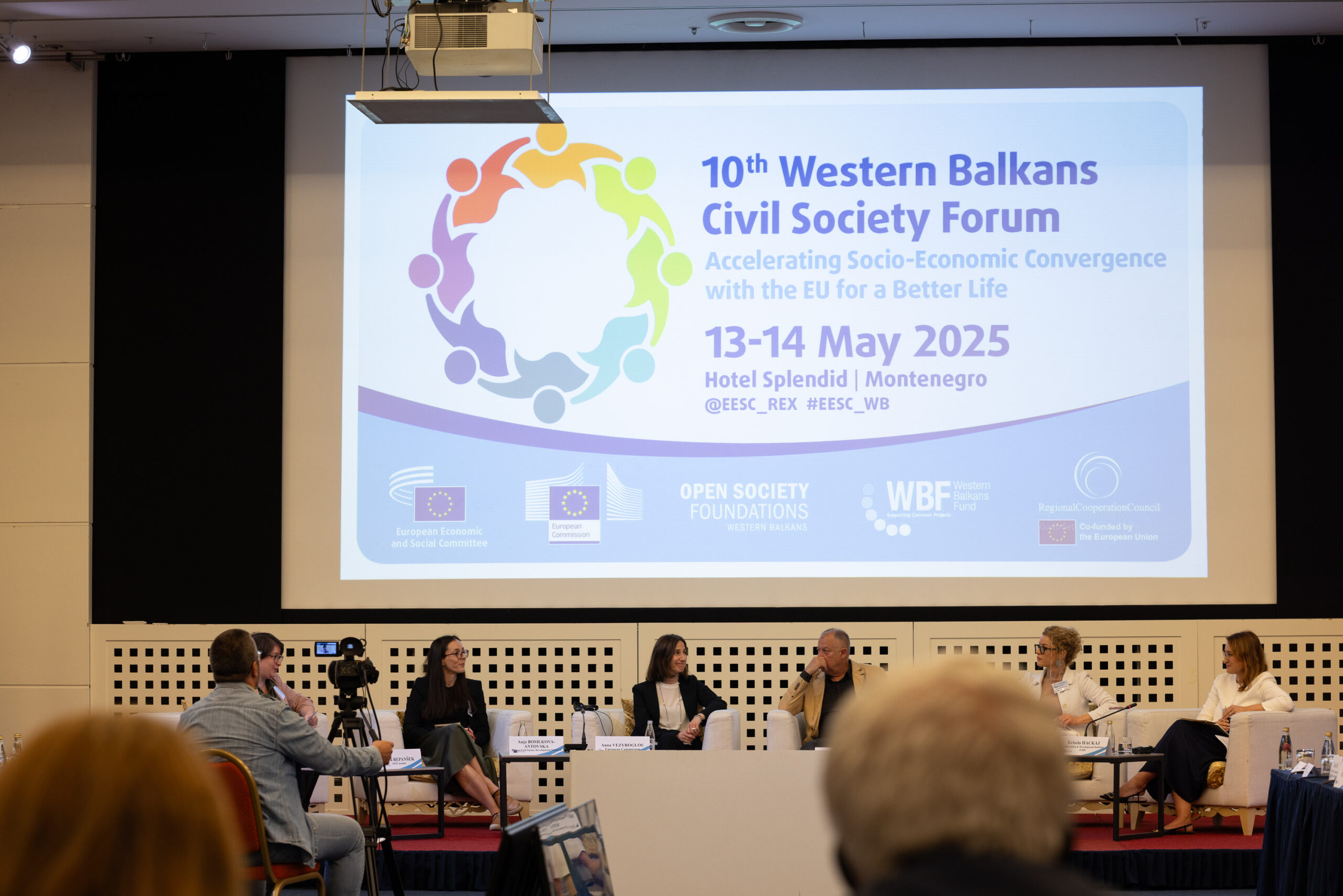
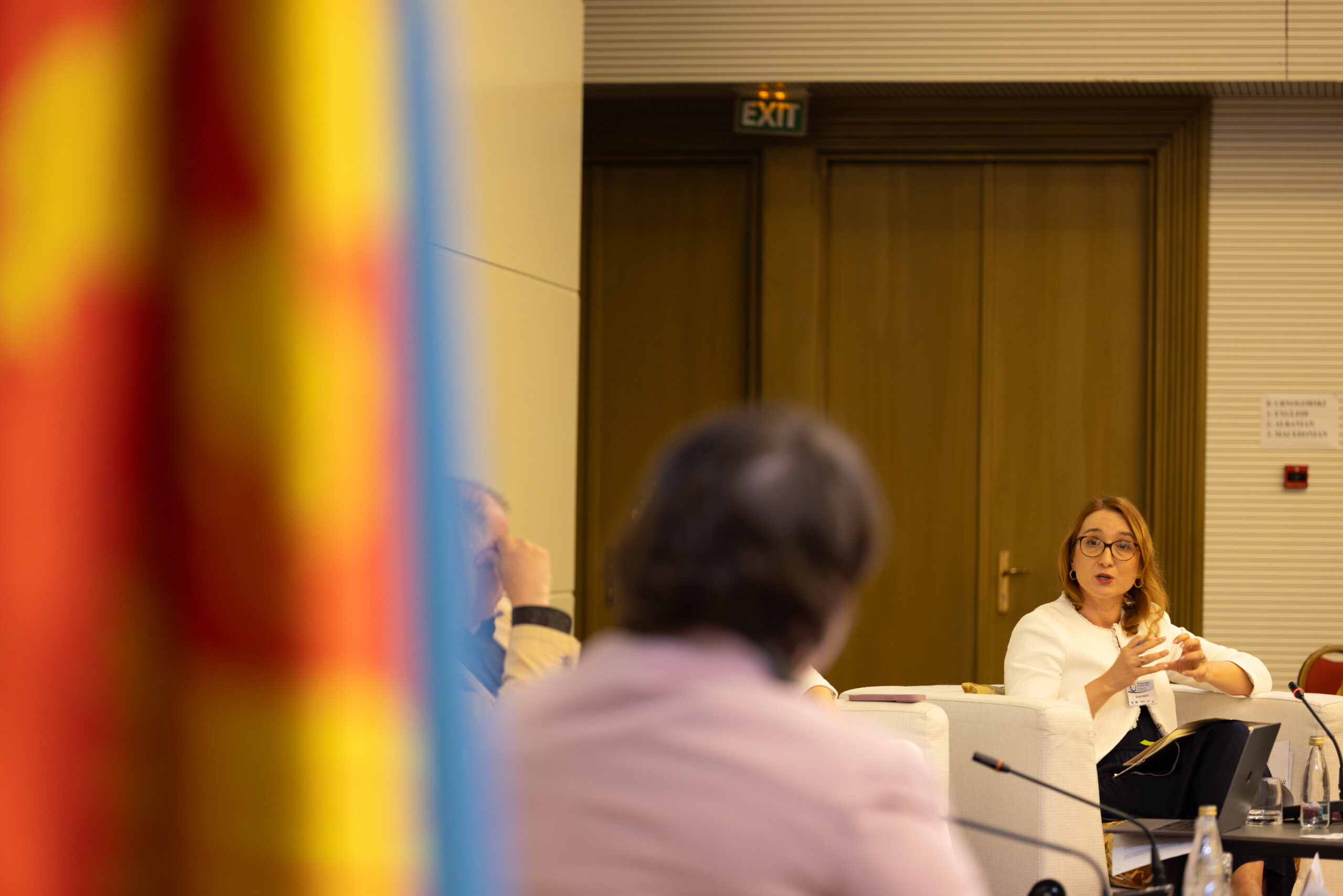
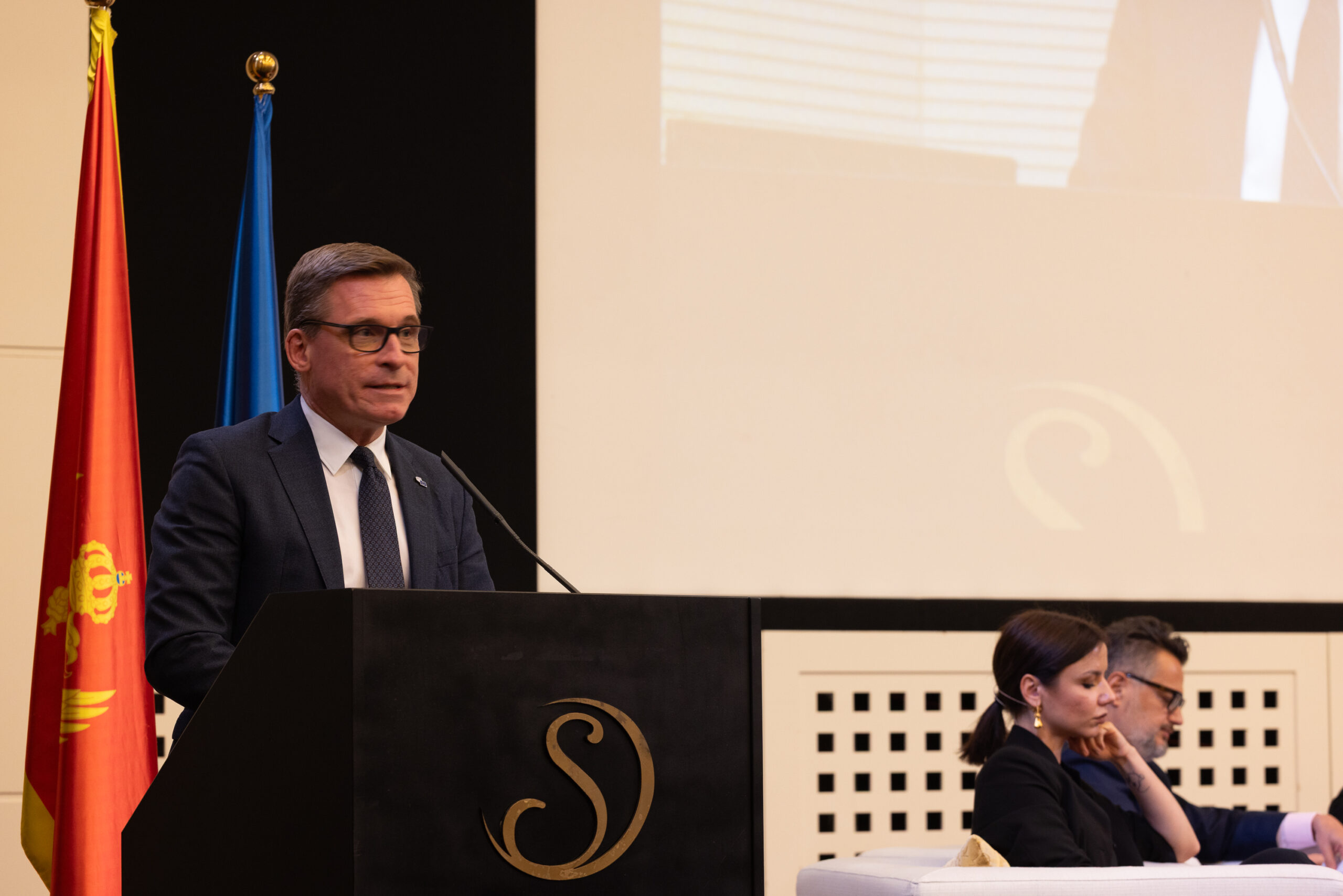
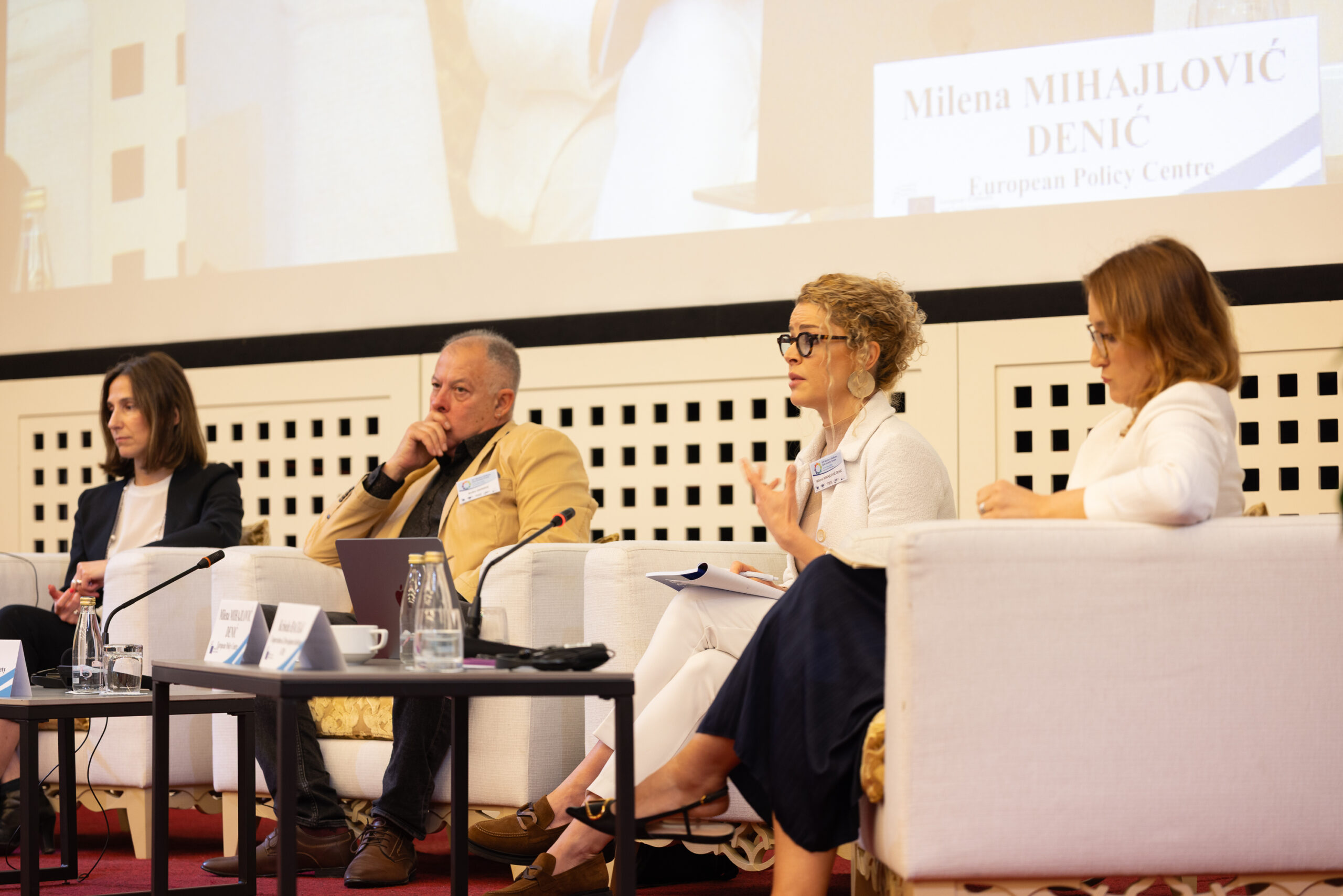
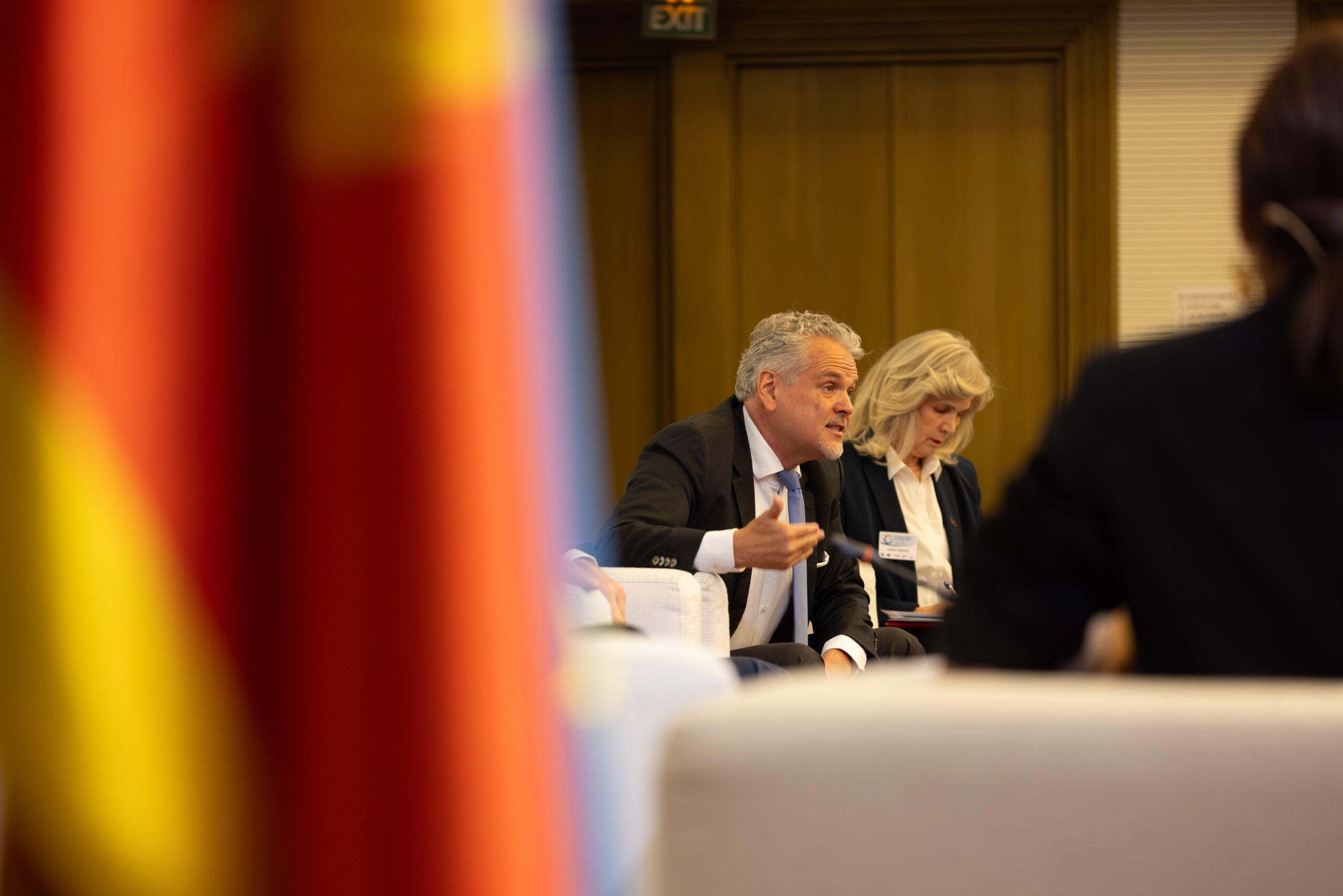
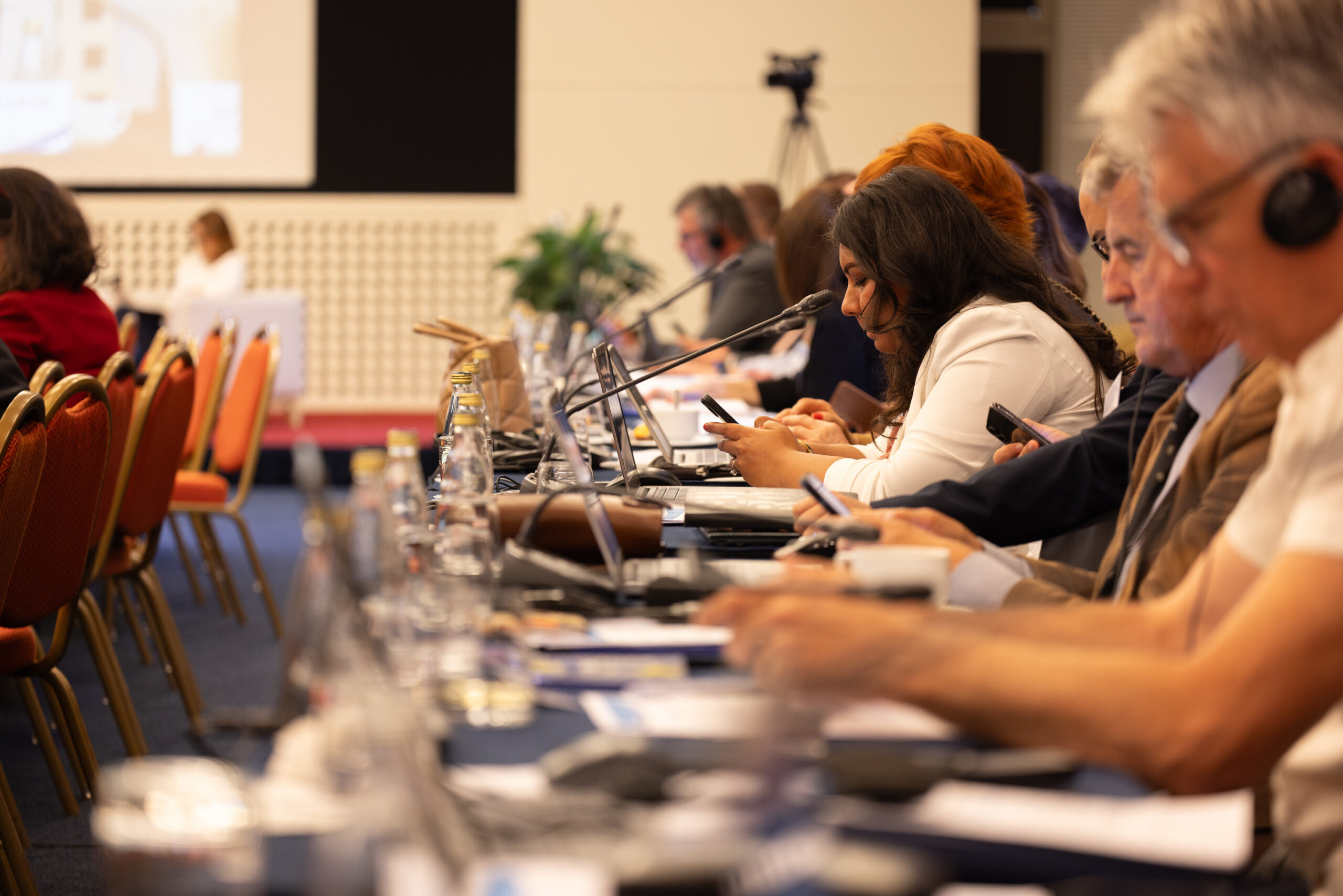
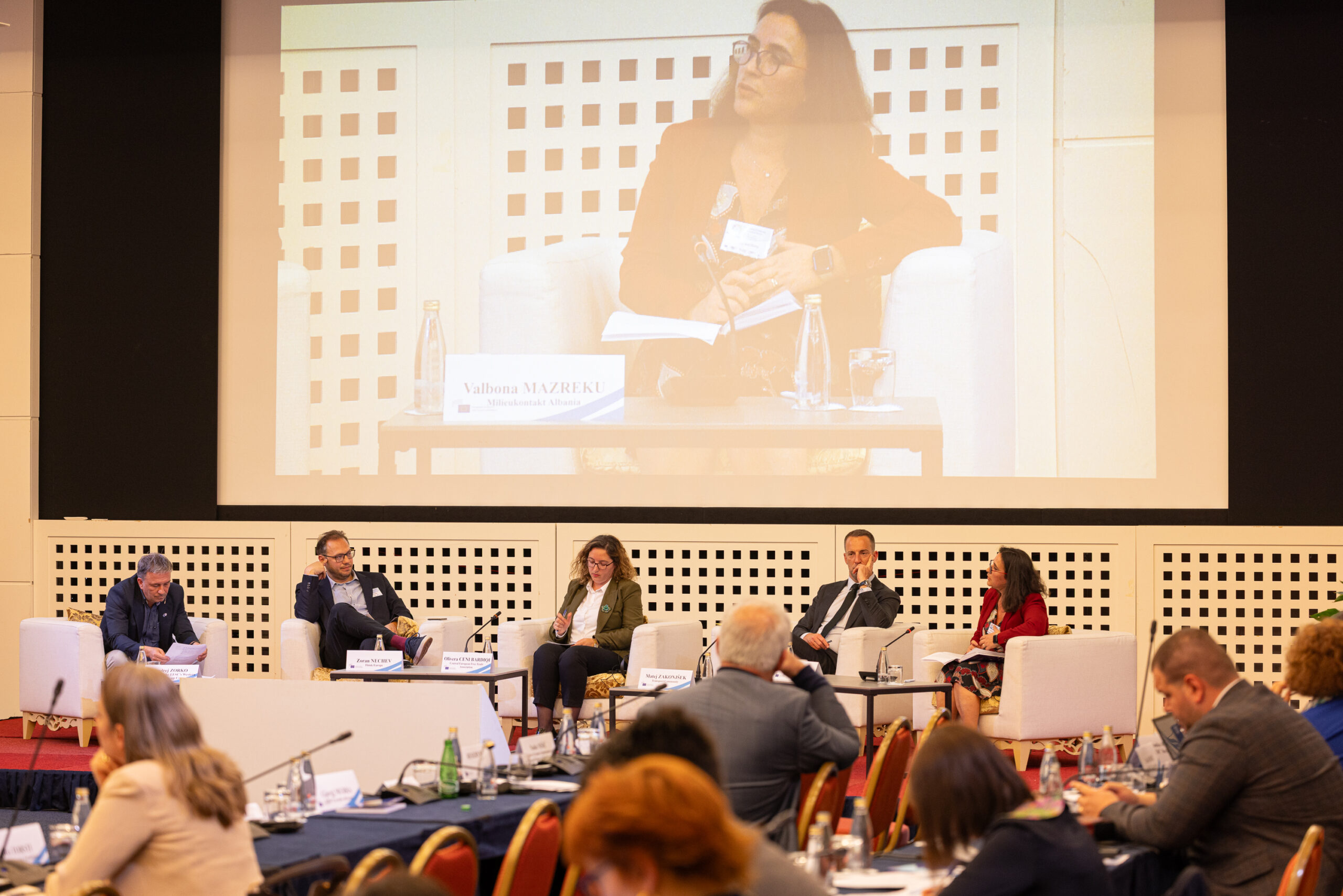
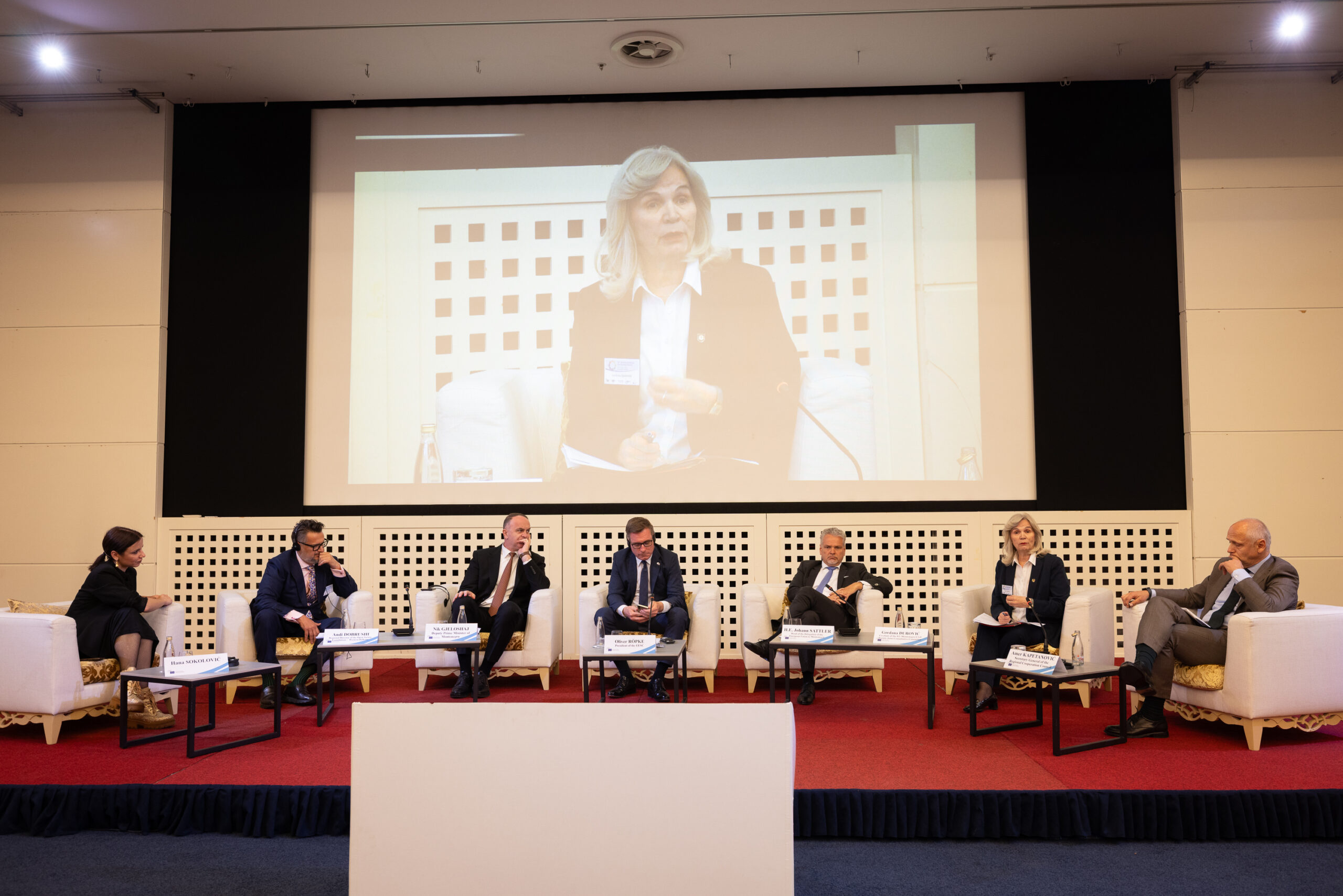

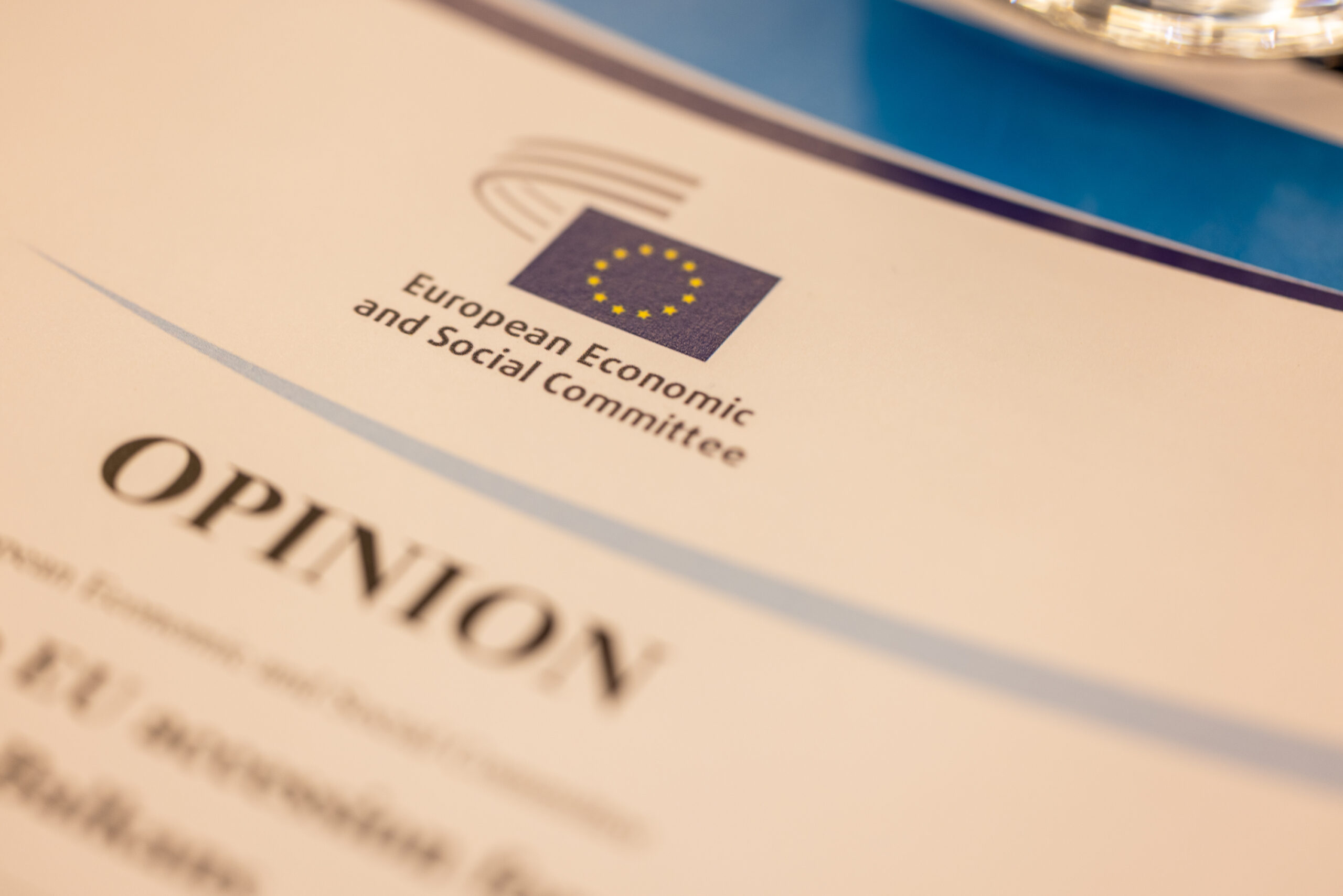
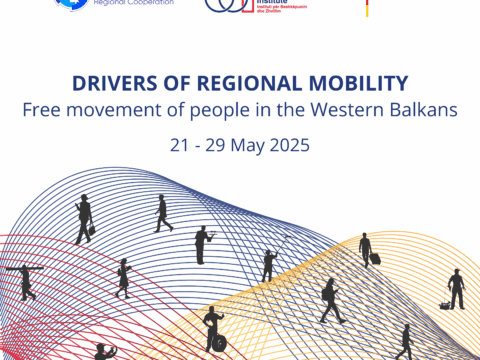
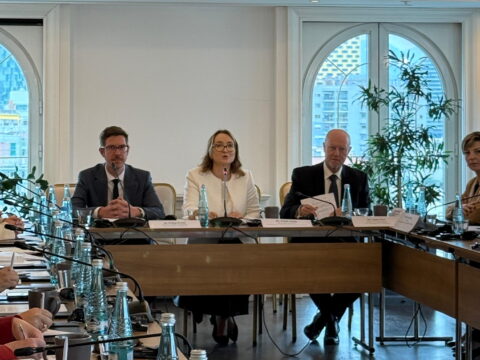
National Parliament and the Reform Agenda 2024-2027
Read more